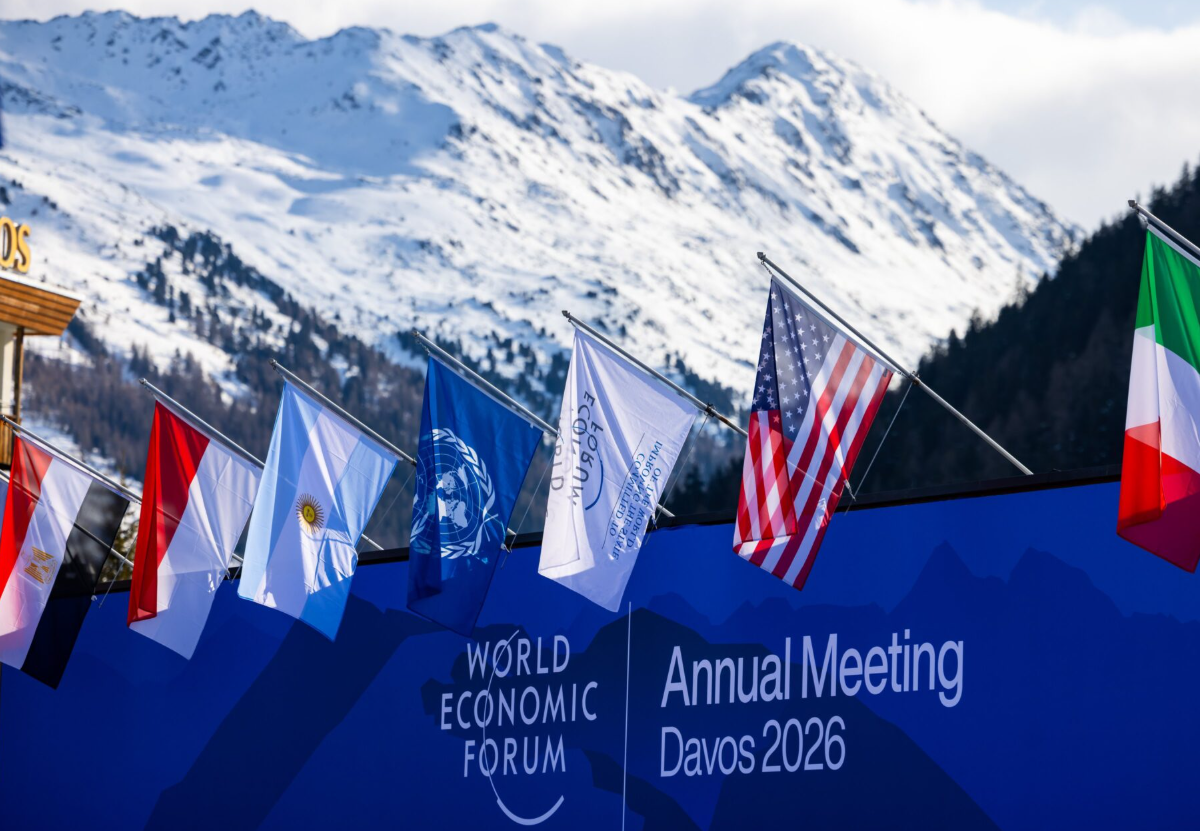
Yu Xiang, Senior Fellow, China Construction Bank Research Institute
Feb 03, 2026
The layering and reconfiguration of connectivity is underway. History warns that declaring the end of globalization too early obscures the institutional and regulatory restructuring processes that are already in motion.
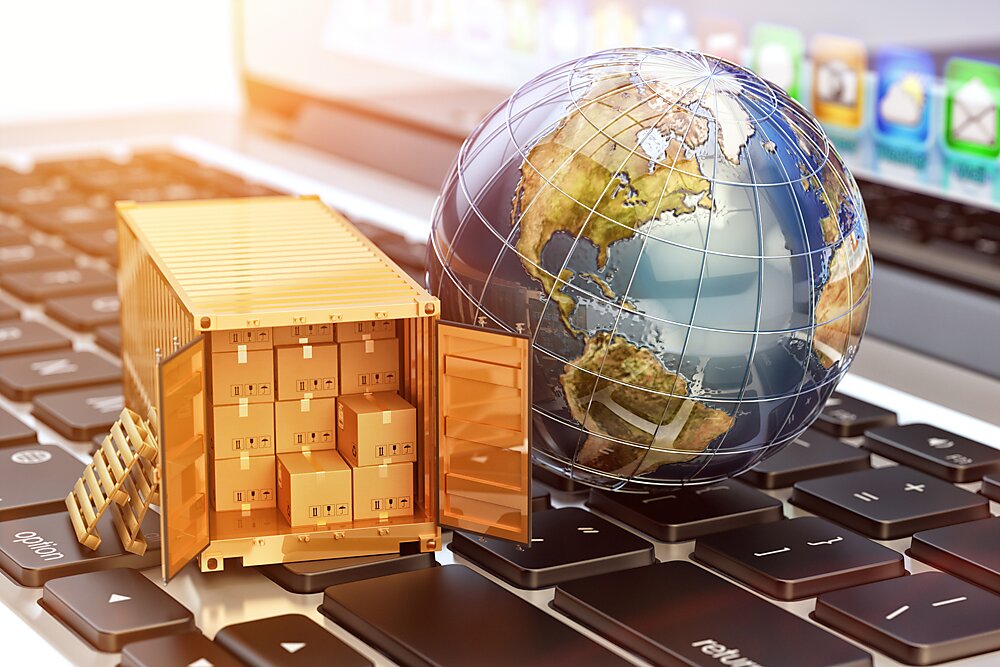
Zhang Monan, Deputy Director of Institute of American and European Studies, CCIEE
Nov 28, 2025
The impact on the global economic and trade landscape is unmistakable. These tariffs will establish trade frictions a a new normal and drive global supply chains toward some form of decoupling. They may also provoke countermeasures from other economies, especially given the constrained role of the WTO.
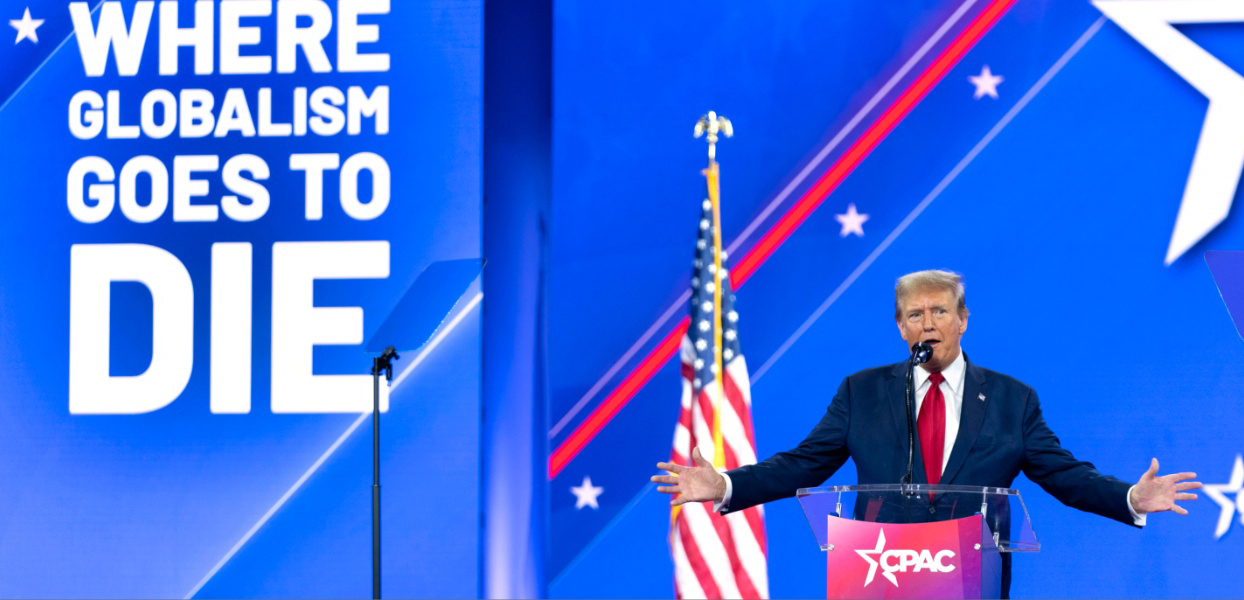
Li Yan, Director of President's Office, China Institutes of Contemporary International Relations
Aug 01, 2025
The U.S. president’s policies have fueled deglobalization and disrupted the existing international order, but they have also pushed countries around the world to explore new models of cooperation and foster new approaches to trade.
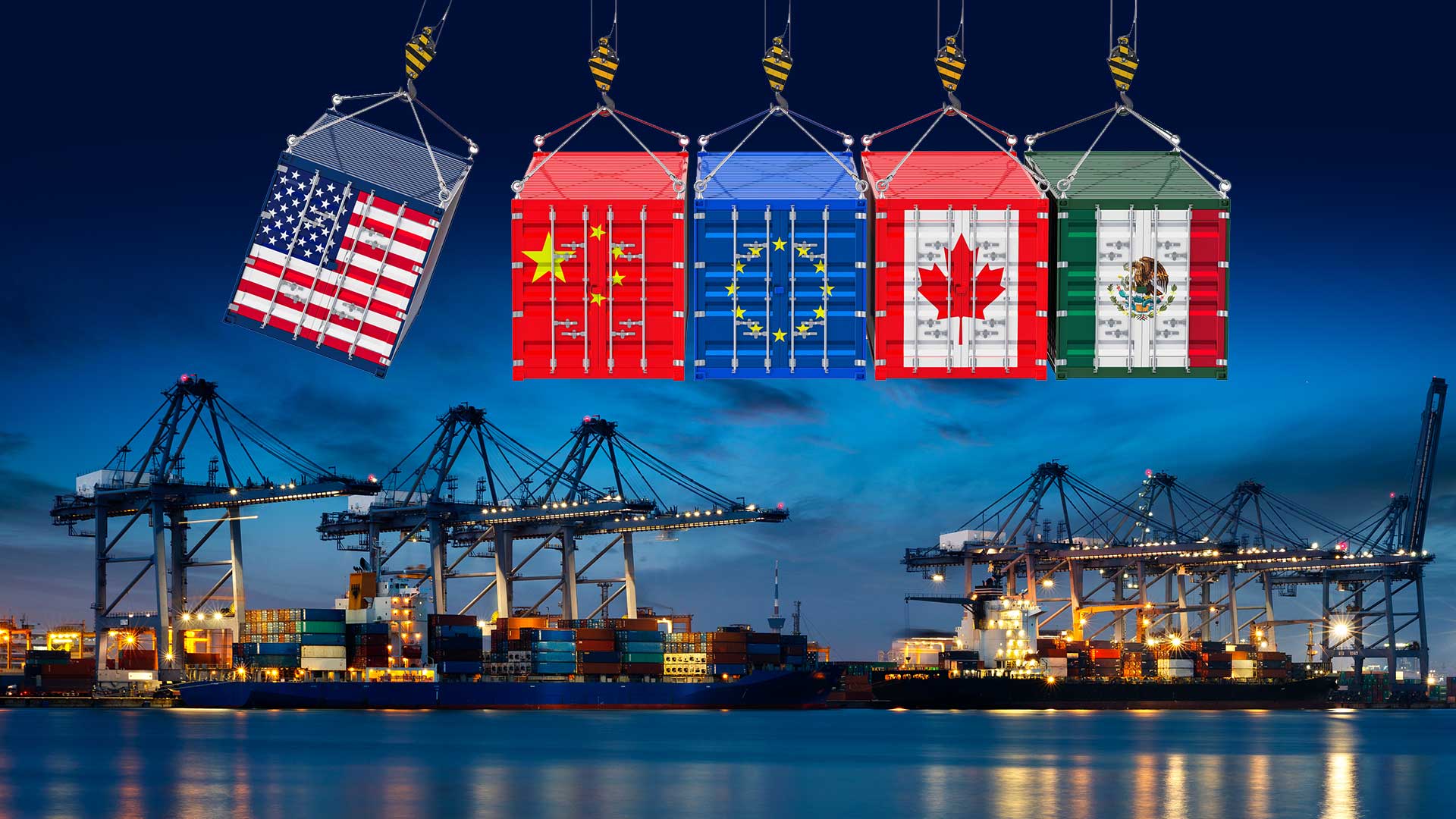
He Weiwen, Senior Fellow, Center for China and Globalization, CCG
Jul 28, 2025
The current deglobalization policy of the Trump administration in the form of tariffs, as well as its disregard for multilateral rules, will only lead to a slowdown in American economic growth. It will undercut the country’s technology advantages and hurt American families.
Stephen Roach, Senior Fellow, Yale University
Jun 04, 2025
There is an inherent flaw in US President Donald Trump’s trade policy. While it is all but impossible to know where Trump will settle on most issues – from taxes to immigration – two key objectives of his trade strategy are now coming into focus: setting a global minimum tariff, and imposing a special penalty on China. The flaw lies in the combination.
Zhang Jun, Dean, School of Economics, Fudan University
Apr 22, 2025
There are signs that the Chinese economy has been improving, owing to the government’s September 2024 stimulus package. Year-on-year GDP growth in the first quarter of this year reached 5.4% – continuing the marked acceleration from the third quarter of last year.
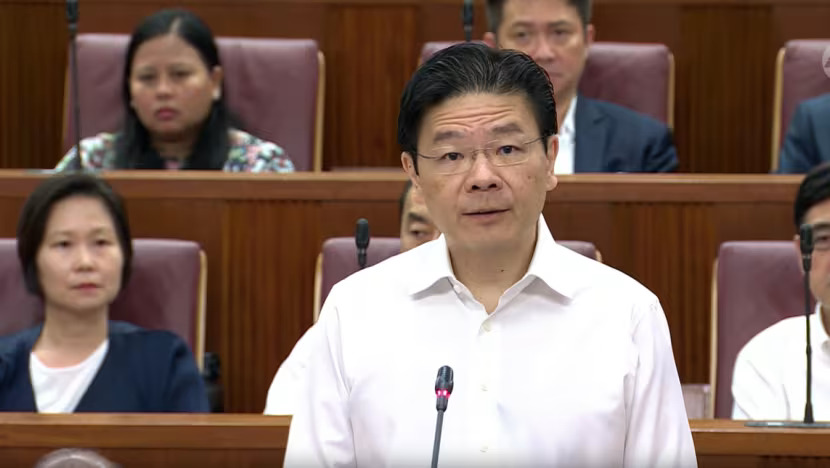
Richard Javad Heydarian, Professorial Chairholder in Geopolitics, Polytechnic University of the Philippines
Apr 22, 2025
The recent tariff episode shook global economic confidence in a way that’s only been seen in the aftermath of major catastrophes, despite relief coming in the short-term. Has the damage been done to America’s trade hegemony?
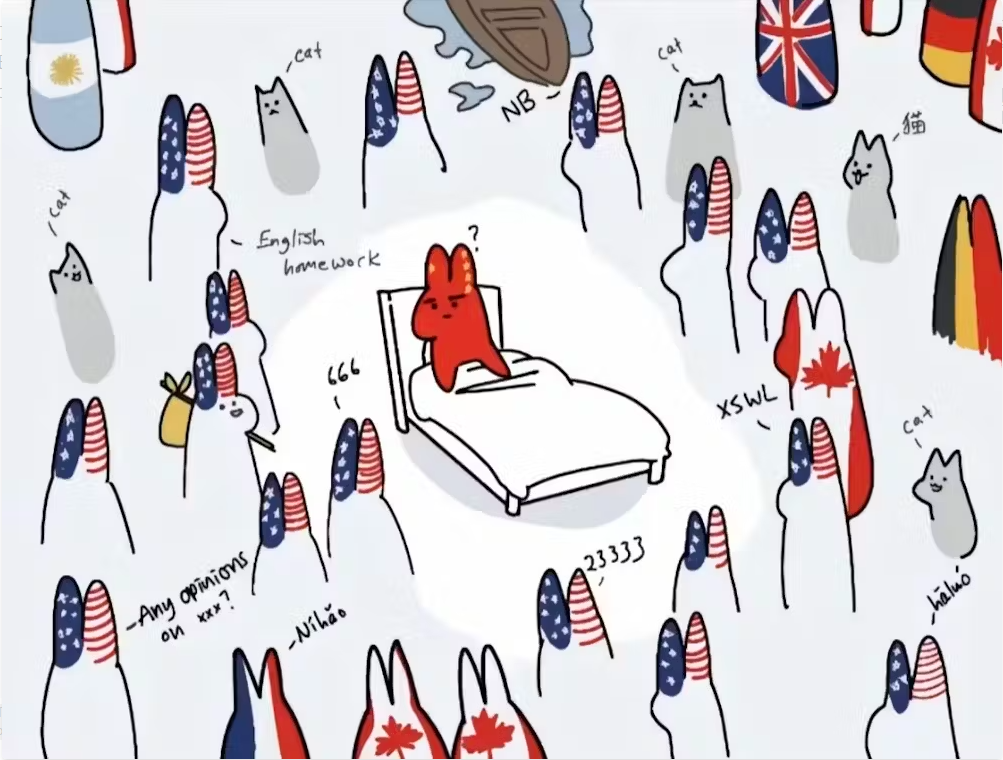
Mark Witzke, Analyst and nonresident scholar, UC San Diego 21st Century China Center
Apr 15, 2025
Digital platforms like RedNote are fostering new cross-Pacific interactions between U.S. and Chinese users, content creators, and celebrities, offering fresh opportunities for cultural exchange amid declining in-person engagement. Despite political tensions and regulatory hurdles, digital spaces are emerging as vital bridges between the two nations.
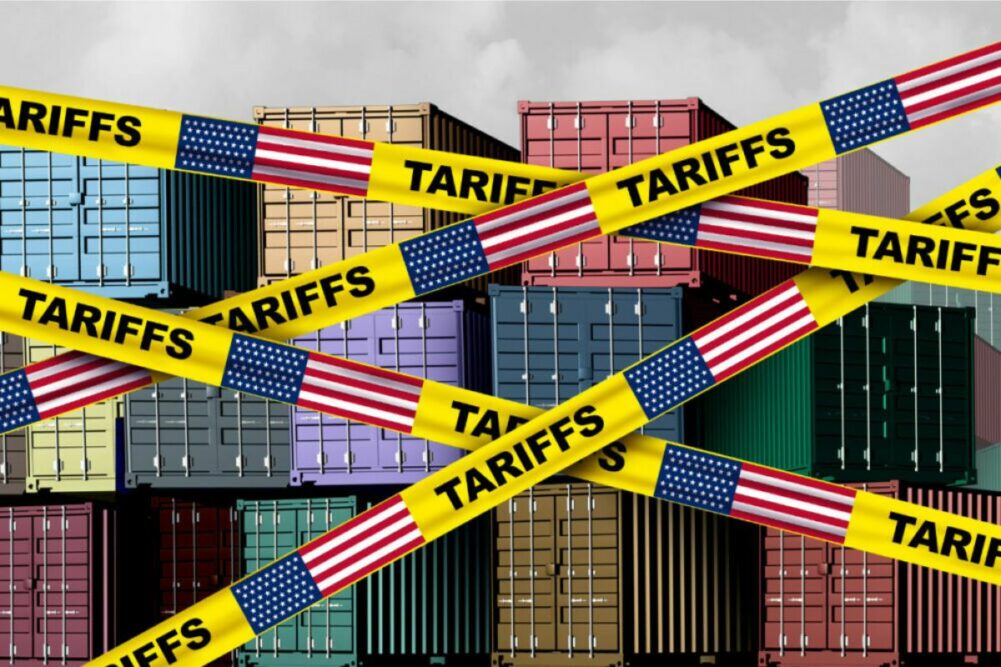
Dan Steinbock, Founder, Difference Group
Apr 15, 2025
Thanks to President Trump’s new round of international tariffs, the global economy is now at the risk of unraveling. This is not just the result of plunging world trade and investment, but of soaring U.S. military expenditures.

Huang Yiping, PKU Boya Distinguished Professor and Former Member of the Monetary Policy Committee, People’s Bank of China
Apr 14, 2025
US President Donald Trump’s “Liberation Day” announcement of sweeping new tariffs on imports from more than 180 countries will be remembered as a man-made economic tsunami. Many are already comparing it to President Herbert Hoover’s 1930 Smoot-Hawley Tariff Act, which slashed global trade by 66% in five years and deepened the Great Depression. Trump’s tariffs – most of which have been abruptly paused for 90 days – have rattled financial markets, prompting analysts to warn that the United States could enter a recession in 2025.
Back to Top

- China-US Focus builds trust and understanding between the U.S. and China through open dialogue among thought leaders.
- Our Offerings
- Topics
- Videos
- Podcasts
- Columnists
- Research Reports
- Focus Digest
- Stay Connected
-
Thanks for signing up!
- Get the latest stories from China-US Focus weekly.